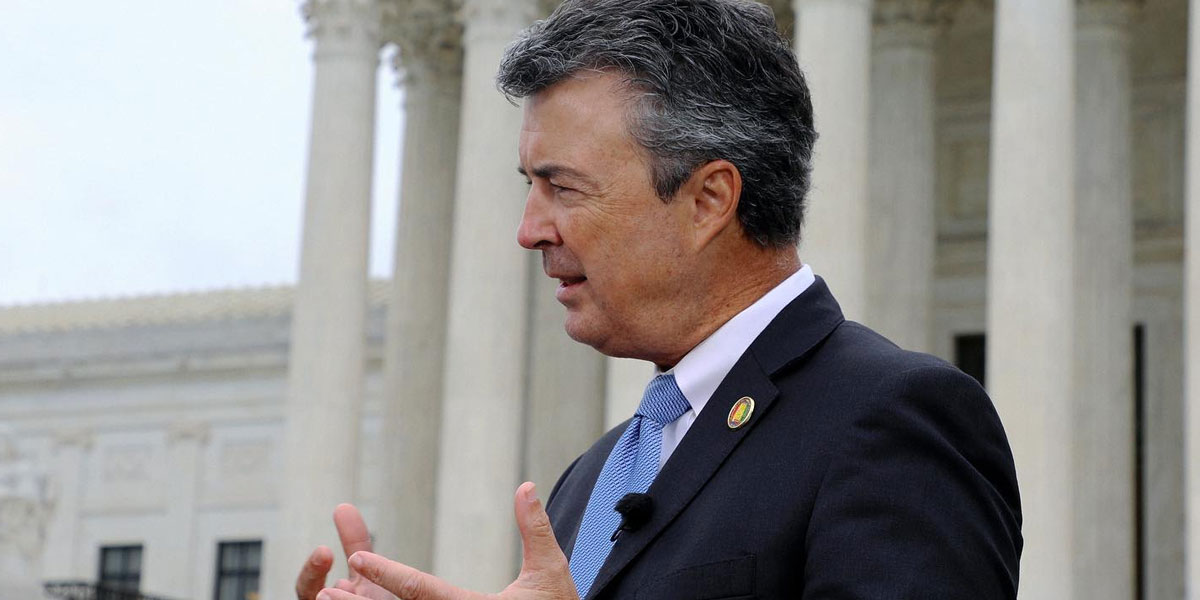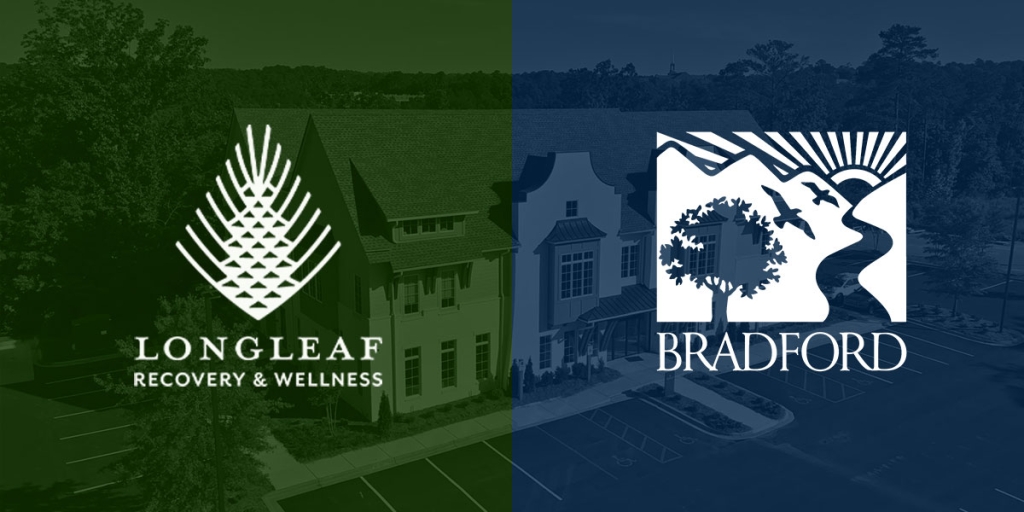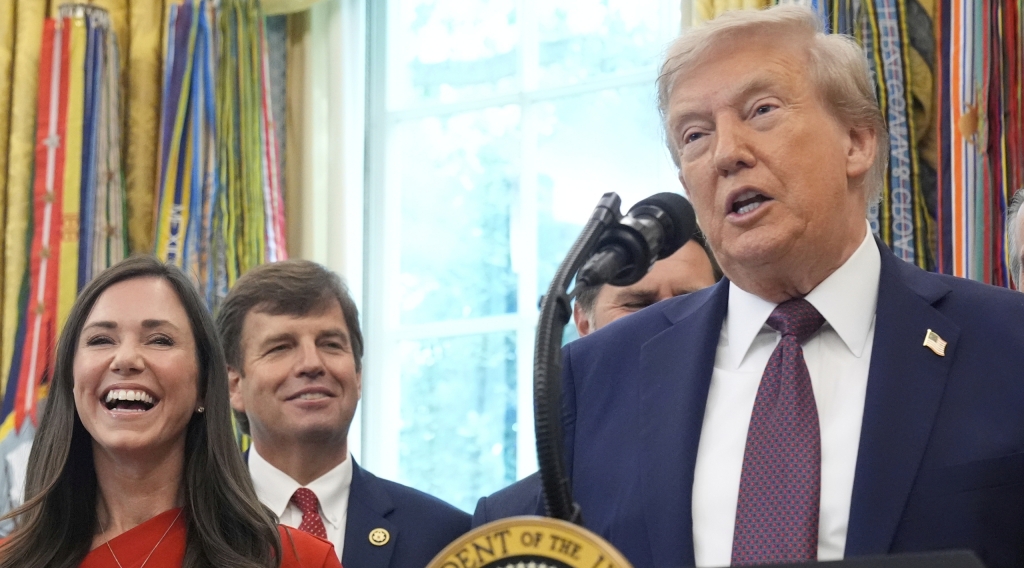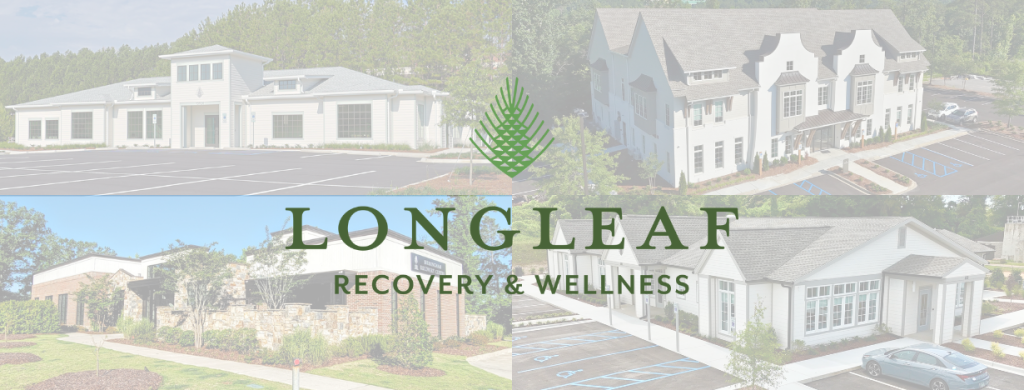Over the past few, years an explosion of opioid addiction has taken place throughout the U.S.
Unfortunately, the state of Alabama has been no stranger to this trend.
Now, however, there is a growing effort within the state to hold opioid producing companies accountable for the issue and to help those who have become addicted. From new recovery centers to Alabama Attorney General Steve Marshall securing hundreds of millions of dollars from major opioid settlements, the state is on the move in the fight against opioid addiction and the profits resulting from it.
Longleaf Recovery and Wellness, a Birmingham-based behavioral health company that specializes in substance abuse and mental health treatment, is opening substance use facilities in Madison and Spanish Fort, as well as a primary mental health facility in Birmingham. This expands on the work they have been doing at Birmingham Recovery Center since 2021. The Highland Group, a southeastern general contracting firm, has been chosen to lead construction of the centers.
“It’s an honor to be involved in Longleaf’s expansion into the Alabama Gulf Coast and Tennessee Valley Region; this endeavor aligns seamlessly with The Highland Group’s commitment to building stronger communities,” said Scott Shamburger, CEO/president of The Highland Group. “Our collaboration with Longleaf and the entire project team transcends beyond infrastructure, it’s an investment in the quality of life in Alabama.”
Marshall has been at the forefront of litigation that aims to hold the pharmaceutical companies involved accountable.
“Alabama fared extremely well in the opioid settlements relative to other states due to Attorney General Marshall’s decision to take separate legal action from the multi-state litigation,” a spokesperson for the AG’s office said. “AG Marshall’s foresight tremendously benefitted the state’s final returns due to the fact that the larger states in multi-state litigation demanded an allocation formula based on state populace.
“Despite there were smaller states who faced disproportionately more opioid dependence and deaths yet did not see similar returns compared to Alabama.”
As for where the money from the settlement goes?
“As the over $230 million is received, the funds will be turned over to the state’s appropriators with negotiated guidelines stipulating that the funds be used for opioid abatement purposes, and must be applied toward future costs for education, prevention, or treatment,” the spokesperson said.
Austen Shipley is a staff writer for Yellowhammer News.













